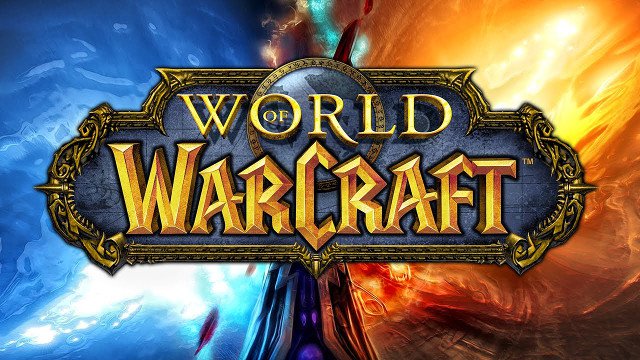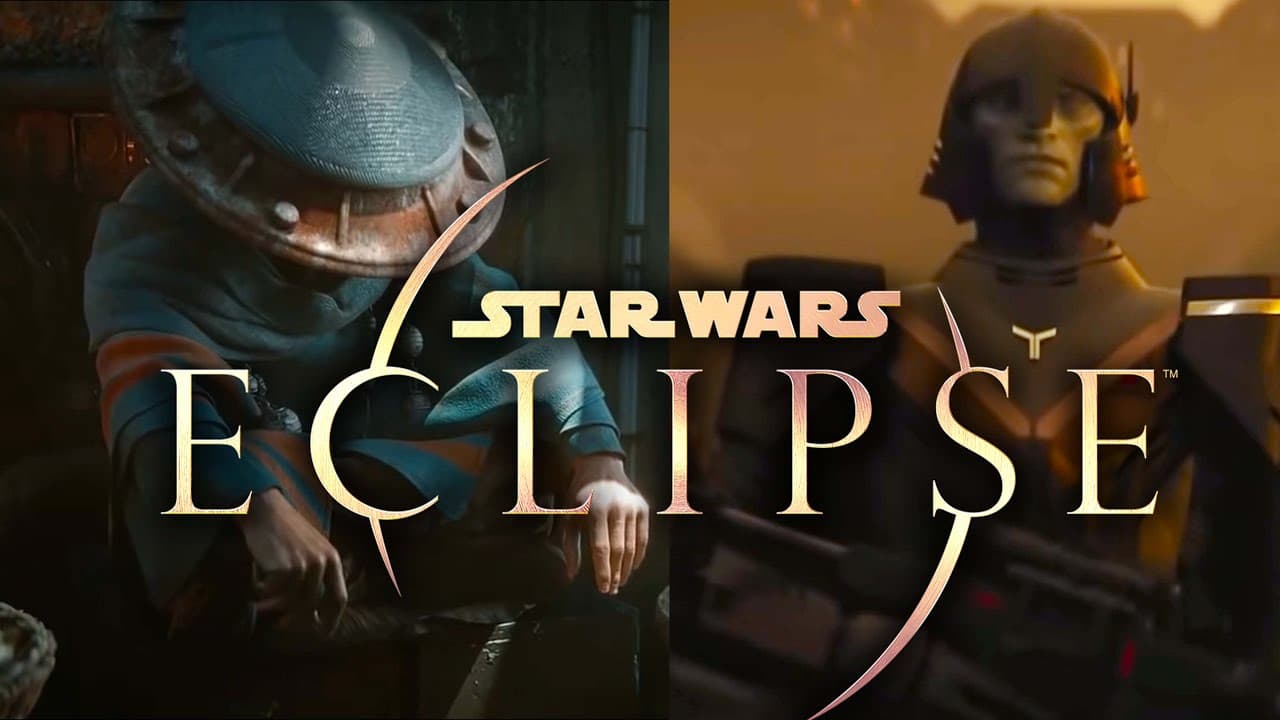When it comes to the gaming industry, few stories are as legendary as the rise of BioWare. Known for producing iconic RPGs like Mass Effect, Dragon Age, and of course, Star Wars: The Old Republic (SWTOR), BioWare built a reputation as a studio dedicated to deep storytelling and unforgettable characters. But behind the scenes, the relationship with Electronic Arts (EA) was far from a fairy tale.
In a recent episode of Simon Parkin’s podcast My Perfect Console, BioWare co-founder Greg Zeschuk offered a surprisingly candid look at his time under EA’s corporate umbrella—and a wild dream that never quite materialized: taking over EA from the inside.
EA: A Double-Edged Lightsaber for BioWare
When EA acquired BioWare in 2007, it seemed like a match made in RPG heaven. A successful indie studio joining forces with a publishing giant promised bigger budgets, better marketing, and larger-scale projects. And for a while, it worked—titles like Mass Effect 2 and Star Wars: The Old Republic thrived under EA’s banner.
But according to Zeschuk, the corporate atmosphere came with its own challenges. In his own words, EA’s structure was like being handed “enough rope to hang yourself.” In other words, the company provided creative freedom—until profit margins and corporate expectations took priority.
The Unrealized Dream: Taking Over EA from Within
Here’s where things get interesting. Zeschuk revealed that both he and his co-founder Ray Muzyka harbored an ambitious goal: to transform EA from within. Their plan? To turn EA into a more developer-focused powerhouse, fostering creativity while still maintaining financial success.
The game-changer, in their minds, was Star Wars: The Old Republic. The duo believed that if SWTOR became an unprecedented blockbuster—outperforming even EA’s wildest expectations—it might have given them the leverage needed to push for real change within the corporate hierarchy.
The Reality of SWTOR’s Success
While SWTOR was a financial success, it didn’t quite hit the stratospheric levels needed to make Zeschuk’s internal takeover dream a reality. The game launched to solid reviews and developed a loyal player base, but it never reached the level of revenue generation required to overhaul EA’s corporate structure.
However, SWTOR remains a beloved gem in the Star Wars gaming universe. With its rich lore, branching narratives, and deep ties to classic Star Wars themes, it’s still a relevant player in the MMO space today. For many, it embodies what BioWare does best—complex storytelling wrapped in engaging gameplay.
Creative Freedom vs. Corporate Control
Zeschuk’s reflections highlight a common struggle within the gaming industry: the tension between creative autonomy and corporate profit motives. While EA did provide BioWare with the resources to develop ambitious projects, that support came with the expectation of delivering blockbuster financial results.
The freedom granted by EA was real—but so were the strings attached. As Zeschuk put it, the corporate environment eventually became stifling. What began as a partnership aimed at fostering creativity slowly turned into a corporate machine more focused on monetization than innovation.
BioWare’s Legacy and the Lessons Learned
Despite stepping away from the gaming industry entirely, Zeschuk’s insights offer valuable lessons for developers and players alike. The dream of transforming a corporate giant from within might sound idealistic, but the realities of corporate culture often make such changes nearly impossible without overwhelming financial leverage.
For BioWare, the EA acquisition marked a turning point. While the studio produced some of its best work under EA’s umbrella, it also began to lose the creative independence that made it special in the first place.
What This Means for SWTOR Players
For those still immersed in the galaxy of Star Wars: The Old Republic, Zeschuk’s revelations provide a deeper understanding of the game’s development history. The ambition behind SWTOR wasn’t just about making a great game—it was part of a larger, almost revolutionary vision.
That dream might not have come to fruition, but the fact remains: SWTOR continues to thrive, proving that BioWare’s creative spark hasn’t been entirely extinguished by corporate pressures.
The Future of BioWare and EA’s Corporate Influence
Today, BioWare exists in a very different landscape. Recent projects like Anthem have struggled to capture the magic of earlier releases, while ongoing work on Dragon Age and Mass Effect sequels leaves fans cautiously optimistic.
EA’s influence remains a point of contention. Will future BioWare titles recapture the spirit of innovation that once defined the studio? Or will corporate priorities continue to dilute the creative magic?
Conclusion: A Dream Unrealized, But Not Forgotten
Greg Zeschuk’s reflections on his time at BioWare and his unfulfilled ambition to take over EA from the inside serve as a fascinating glimpse into the complex relationship between creativity and corporate power in the gaming industry.
While the dream of transforming EA never materialized, the legacy of Star Wars: The Old Republic and BioWare’s other groundbreaking titles continue to influence the industry today. For those who still journey through the galaxy in SWTOR or dive into the rich narratives of Mass Effect and Dragon Age, Zeschuk’s story is a reminder of the passion and ambition that built BioWare into a legendary studio—even if the corporate empire proved too vast to conquer from within.
Stay connected with all our latest updates by following us on Google News! It only takes a click, and it would mean a lot to us. You’ll get the freshest news, exclusive content, and much more, right at your fingertips. Thanks for your support! 🙌










